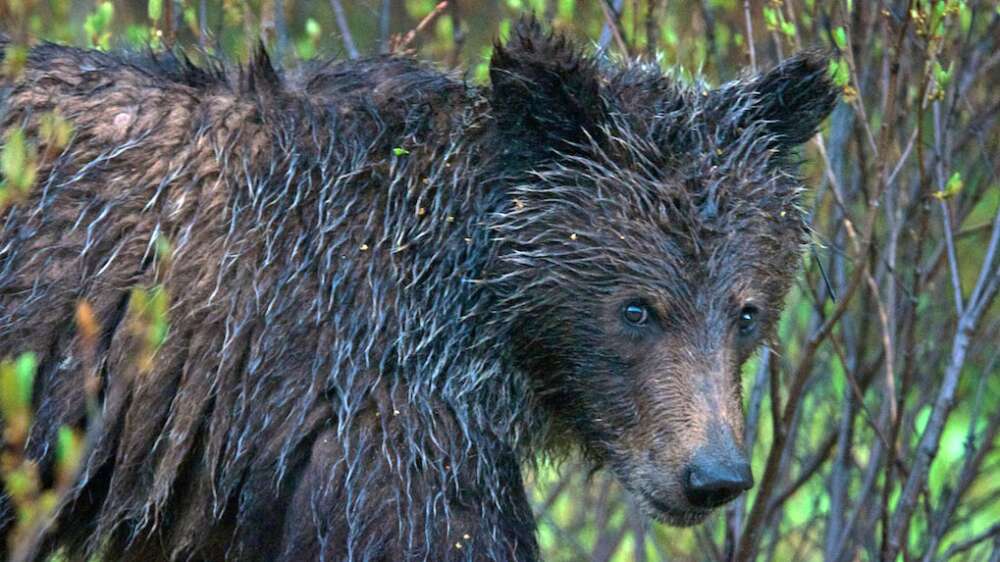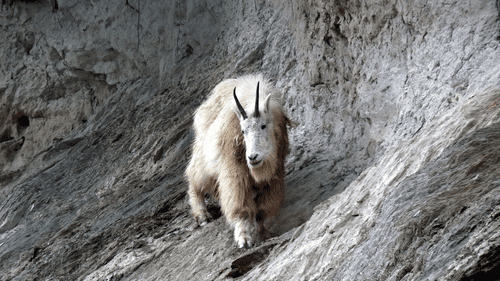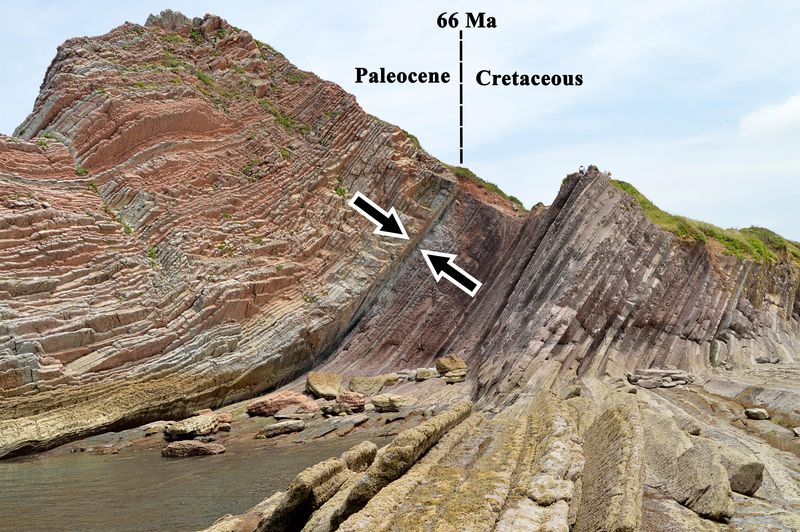Apex predators make it to the top by being the most efficient hunters in their domain, but every now and then an underdog crops up to disrupt the food chain. Such an example played out on the mountains of Burgess Pass in Yoho National Park, where Parks Canada retrieved the body of a female grizzly bear. Such a creature would usually be the slayer rather than the slain, and most surprisingly of all the assailant turned out to be a goat.
The battle took place sometime before September 4 after which Parks Canada was made aware of the presence of a carcass. Bodies such as these need to be removed as they can otherwise lure in wildlife that could put visitors to the pass at risk.
The discovery of a slain bear merits a forensic investigation to determine the cause of death, and so a necropsy was conducted on the animal. During the examination, staff noticed that the fatal wounds were at the base of the bear’s neck and in its armpits. The attack sites might sound random to the uninitiated, but to experienced park rangers, this was the work of one extremely lucky mountain goat.
“When grizzly bears attack, they tend to focus on the head, neck, and shoulders of the prey, usually from above,” Alison Biles, Public Relations and Communications Officer for Parks Canada, told IFLScience. “In turn, the defensive response of mountain goats would be to protect themselves using their sharp horns."

“Grizzly bear predation of mountain goats is relatively common and significant goat activity was observed in the immediate area. In this case, it appears that the mountain goat was able to defend itself. While rare, other cases of mountain goats defensively killing bears have been reported in the past, which is not completely surprising since mountain goats are strong animals that are well-equipped to defend themselves,” Biles said.
A similar David and Goliath tale played out in Maine last year when a bald eagle was found dramatically spread-eagle (pun intended) and facedown, murdered, in a lake. The suspect proved to be a loon chick that had managed to pierce the eagle’s heart with its pointy beak before succumbing to its injuries.
While such animal battles make for great stories, they also demonstrate that you never know who’s going to win in even seemingly unfair fights. A poll earlier this year revealed that 7 percent of men surveyed believed they could take down a grizzly bear, a result which has seldom been reflected in reality. With that in mind, it’s best to give any wildlife murder scenes a wide berth as you never know who might be watching.
“Safety is Parks Canada’s top priority,” said Biles. “If visitors encounter a carcass on the landscape, they should leave the area immediately and report the location promptly to Parks Canada. Carcasses attract carnivores and other wildlife that may act aggressively to protect it as a food source.”




